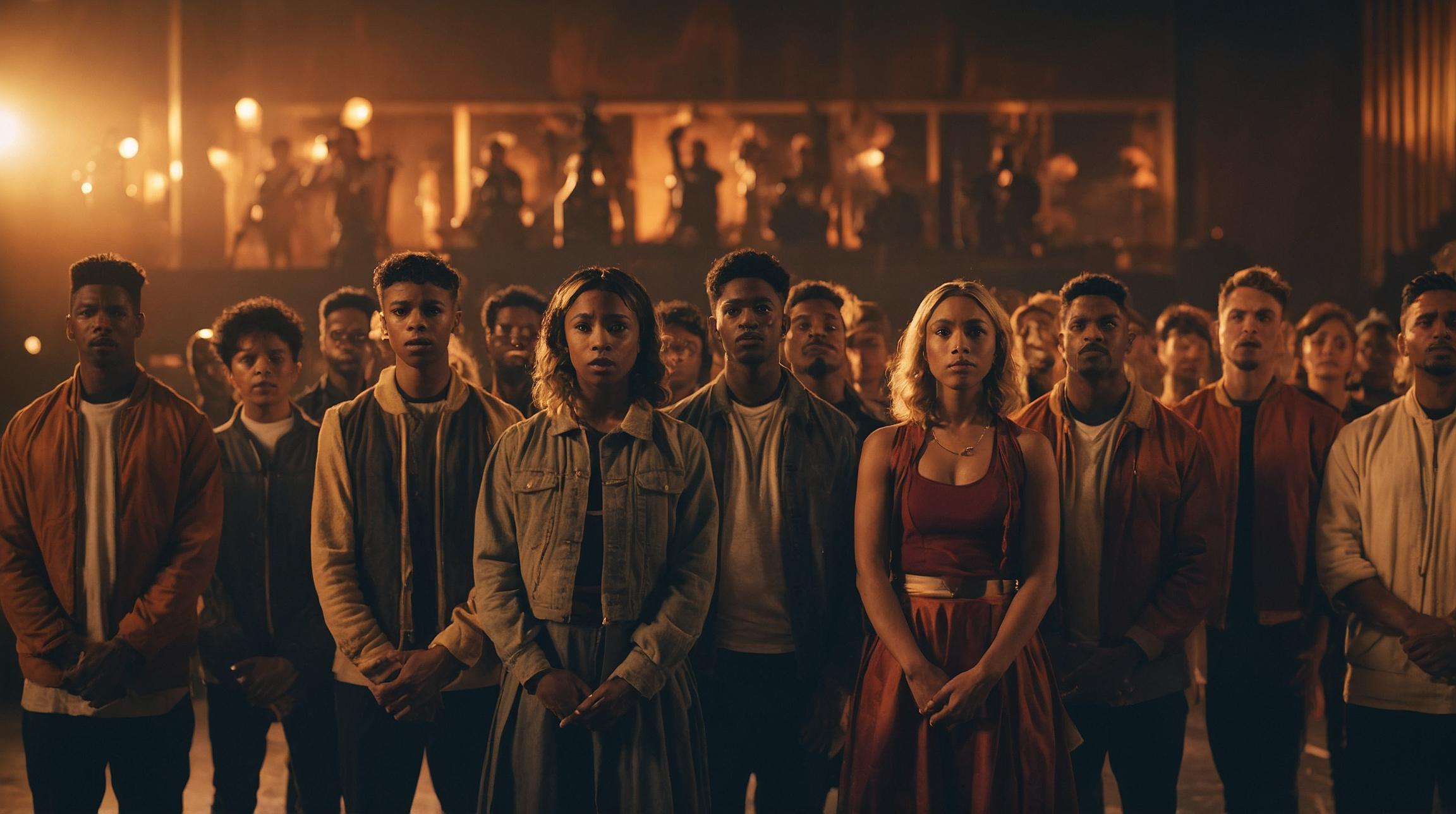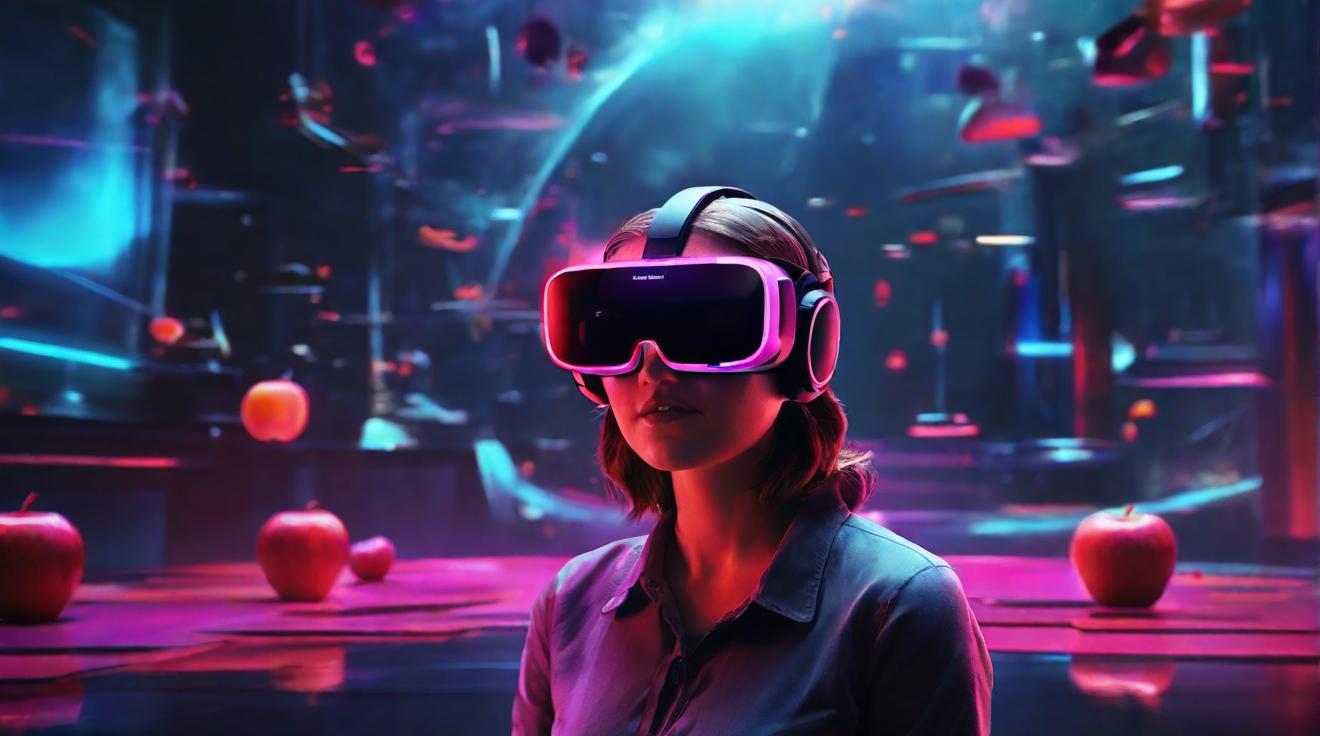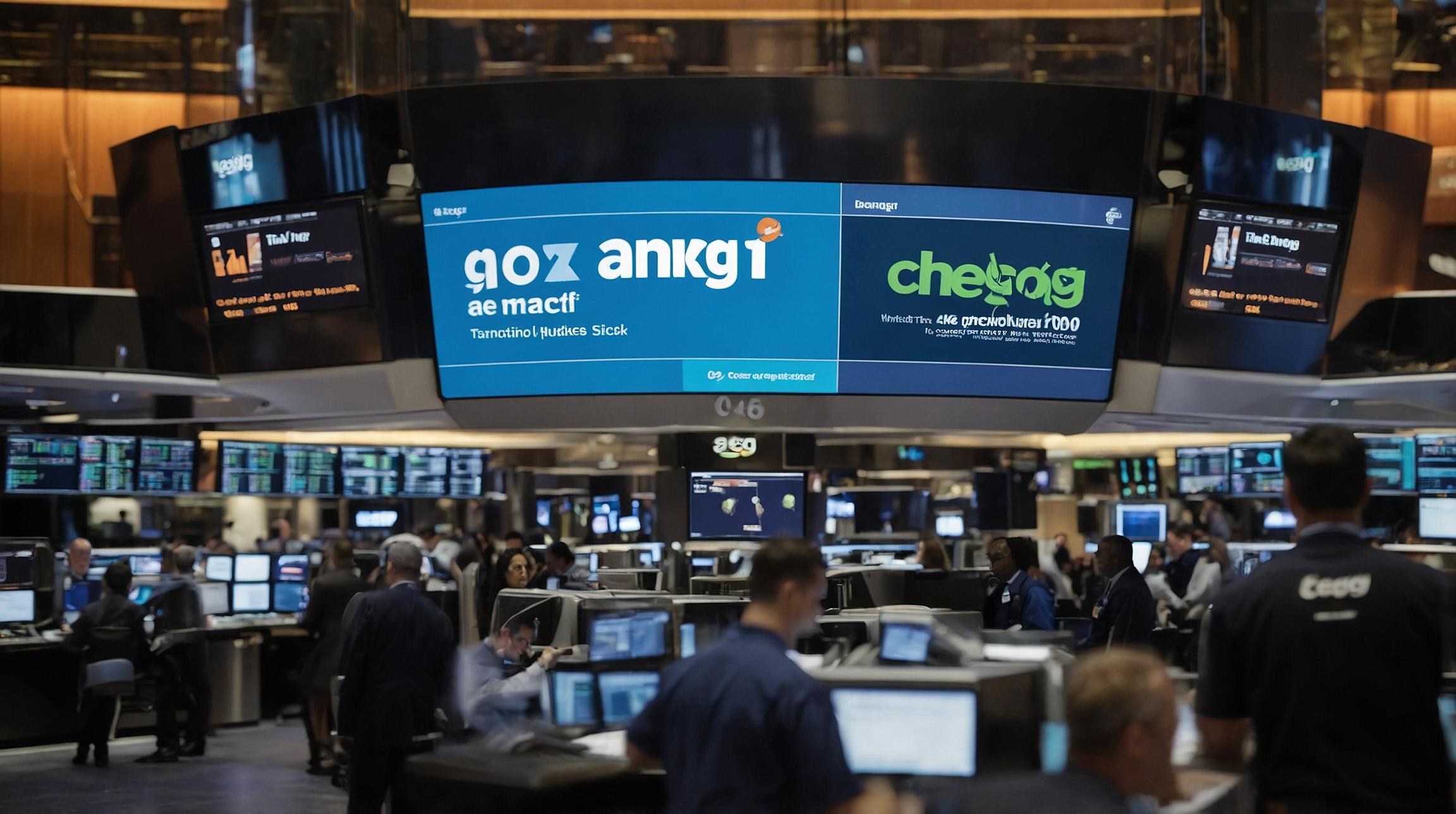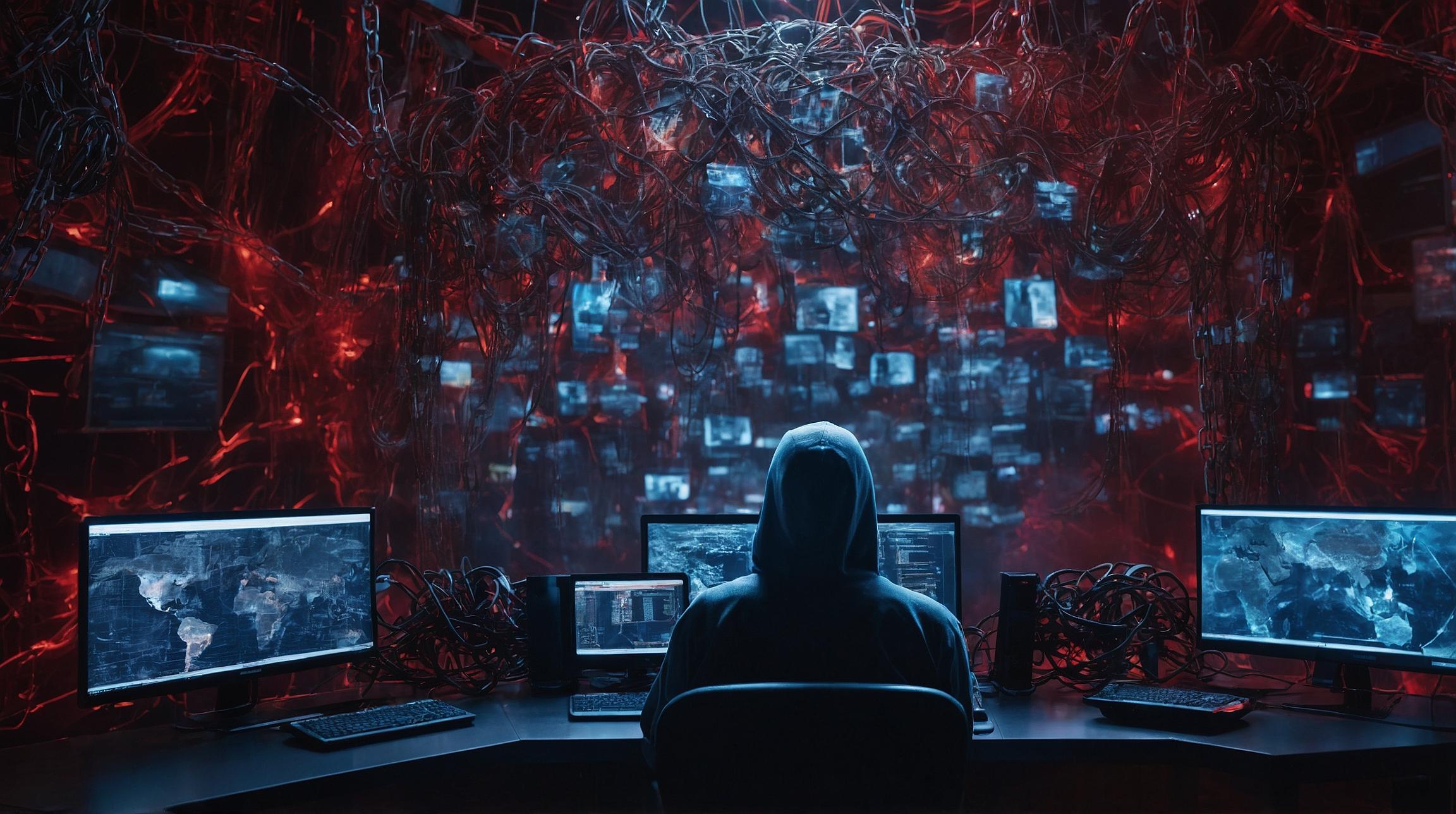California's New AI Legislation: A Victory for Performers
The entertainment industry in California is on the brink of a significant transformation with the passage of Assembly Bill 2602 by the California Senate. This groundbreaking bill aims to regulate the use of artificial intelligence (AI) in digital replicas, ensuring that the rights of human performers are safeguarded. If signed into law, this legislation would mark a pivotal moment in the intersection of technology and artistry.
Key Provisions of Assembly Bill 2602
The bill sets out specific conditions under which the use of AI-generated digital replicas is restricted. It prohibits employers from substituting human performers with AI-generated versions if such actions replace work that performers could have done themselves. Additionally, the bill necessitates clear contractual terms regarding the usage of a performer's voice or likeness, particularly when these deviate from agreed-upon terms, and mandates legal or union representation during the contract negotiation process.
Support from Performers' Union
Duncan Crabtree-Ireland, representing SAG-AFTRA, has expressed strong support, highlighting the bill's role in providing critical guardrails for digital likeness rights. This bill is one of three legislative efforts championed by SAG-AFTRA to embed AI protections for performers in law, marking a critical advancement in balancing technological innovation with artistic integrity.
Pushback from Tech Companies
While performers celebrate this legislative win, some in the tech industry are urging caution against what they perceive as potential overregulation. They argue that such measures could stifle innovation and limit the creative possibilities that advanced technologies like AI can offer. The tension between protecting performer rights and fostering technological progress represents a broader debate in the tech community.
Ongoing Strikes and Industry Demands
The passage of AB 2602 has invigorated ongoing labor actions, with video game performers striking to demand better terms regarding their likeness rights. Strike actions were recently seen outside the Warner Bros. lot, highlighting the industry's struggle with AI's role in the creative process. These demonstrations underscore the union's commitment to ensuring fair compensation and recognition in the face of AI advancements.
Audrey Cooling, a spokesperson for the video game companies, conveyed their disappointment in the union's strike, stressing that the companies remain open to negotiations. However, the core of their contention remains the balance between leveraging AI to create immersive entertainment and protecting performer rights.
The Road Ahead
As the bill awaits Governor Gavin Newsom's decision, its potential enactment poses questions about the future dynamics between technology and performance arts. If approved, California could set a precedent for other regions grappling with similar challenges in the digital age.













